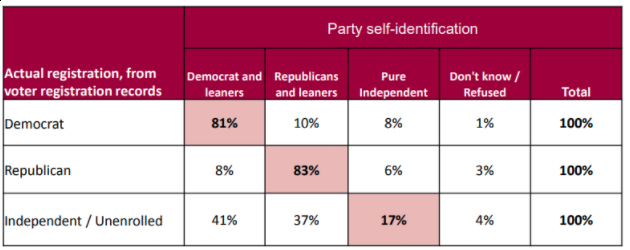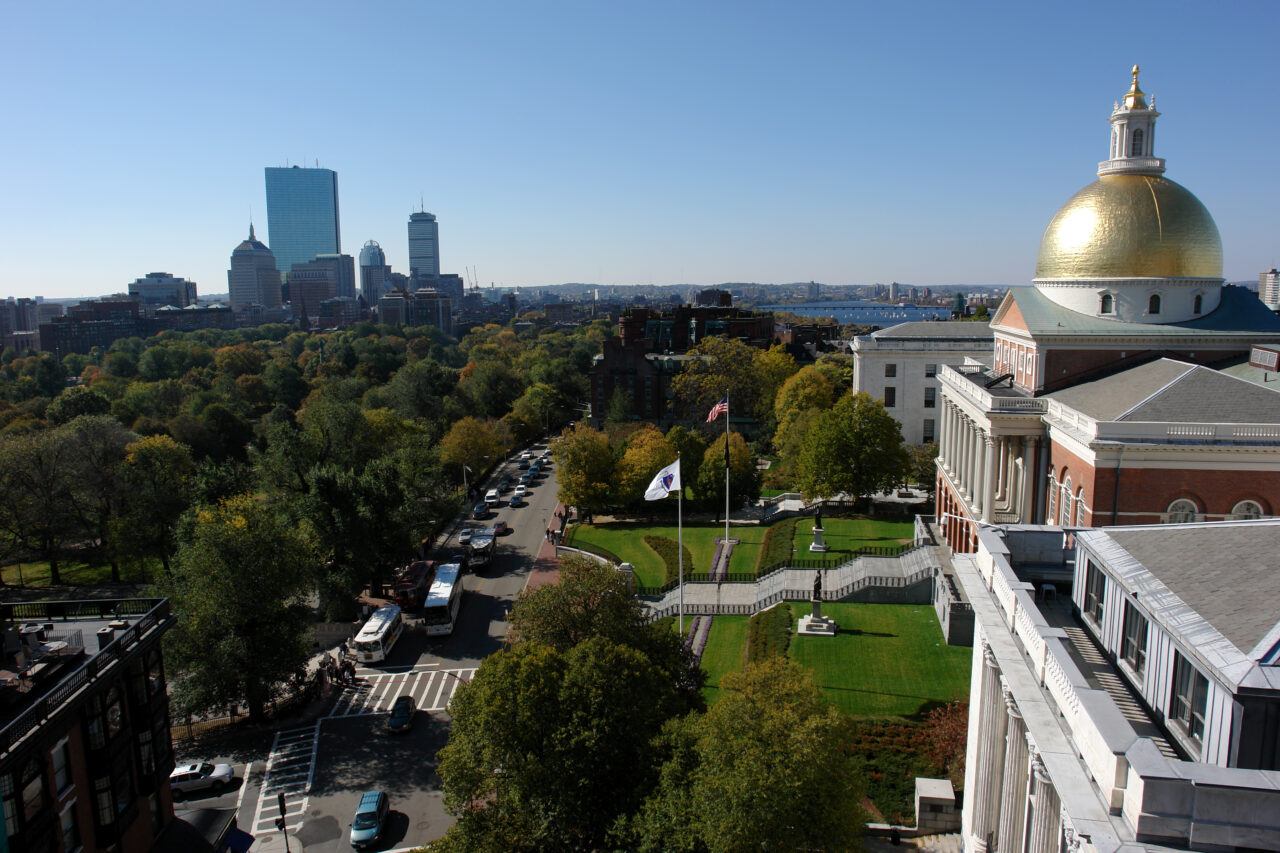
The Democratic state representative for one of the most Democratic-voting districts in Massachusetts ditched the party this week. In explaining his switch in party registration, Solomon Goldstein-Rose of Amherst, representing the Third Hampshire district, told MassLive: “I’ve always been unenrolled in spirit. I’ve been acting nonpartisan since I was elected and before.”
Goldstein-Rose, who at 24 is the youngest member of the House, may reflect the leading edge of a generational change. Fewer and fewer young people in Massachusetts are choosing to register with a party. His switch to unenrolled is not a move to the political center. Goldstein-Rose represents a district where 80 percent voted for Hillary Clinton and Barack Obama. On the other hand Amherst, and indeed all of Hampshire county, voted for Vermont independent Bernie Sanders in the 2016 Democratic presidential primary by a 2:1 margin. Goldstein-Rose’s policy priorities, which include a keen focus on climate change, certainly align with more progressive politics. But he has questioned the idea of a political spectrum, calling it a “false construct.”
Massachusetts has a complicated relationship with political independents and third party candidates. A majority of voters are not registered with either party, and the share of unenrolled voters is growing modestly every year, as young independents replace old partisans. But most unenrolled voters affiliate with a party in their voting behavior, even if not in their party registration . Our research has shown most unenrolled voters in the state will identify with a party if asked in a poll.
. Our research has shown most unenrolled voters in the state will identify with a party if asked in a poll.
Despite their declining share of voter registrations, parties control most of the electoral infrastructure in the state: fundraising networks, armies of volunteers, coordination with other campaigns, and ballot access. And legions of voters still look for the D or R behind a candidate’s name when pulling the lever in the voting booth.
State Democratic party officials have said they are not interested in challenging Goldstein-Rose now that he is unenrolled, preferring to focus on unseating Republicans this cycle. The test will come if a Democratic candidate decides to challenge him at some point in the future. Then we’ll see how the young Representative’s nonpartisan approach fares against political advantages that come with party affiliation.
MPG ICYMI
 It looks like 2018 could be a big year for challengers in the state legislature, after years of diminishing competition. We’re tracking these challenges for both the House and the Senate, and they will continue to be updated as the election season continues.
It looks like 2018 could be a big year for challengers in the state legislature, after years of diminishing competition. We’re tracking these challenges for both the House and the Senate, and they will continue to be updated as the election season continues.
On this week’s episode of The Horse Race, we look at the unexpected open seat for Suffolk County DA; the dark art of “frugging,” or fundraising under the guise of research; and the ballot question looking to repeal the transgender accommodation bill. Special guests Michael Jonas of CommonWealth Magazine and Josh Gee, a veteran of the digital campaigns for Gov. Deval Patrick and L.A. Mayor Eric Garcetti, dropped in for the conversation.
Last week, professor of state constitutional law Lawrence Friedman joined us for a discussion on the legal challenge to the so-called millionaire’s tax, or fair share ballot question. Steve then broke down our latest WBUR polling on Ayanna Pressley’s challenge to Mike Capuano in the 7th Congressional District.
Our new WBUR poll in the Massachusetts 7th Congressional District found Congressman Capuano with a 12 point edge over Ayanna Pressley in the Democratic primary. Pressley’s name recognition is much lower outside of Boston, so there’s a lot of room for change in this race.
That poll also found some mixed feelings about Boston and Somerville’s bids for Amazon’s second headquarters, and about the proposed Wynn casino in Everett.
